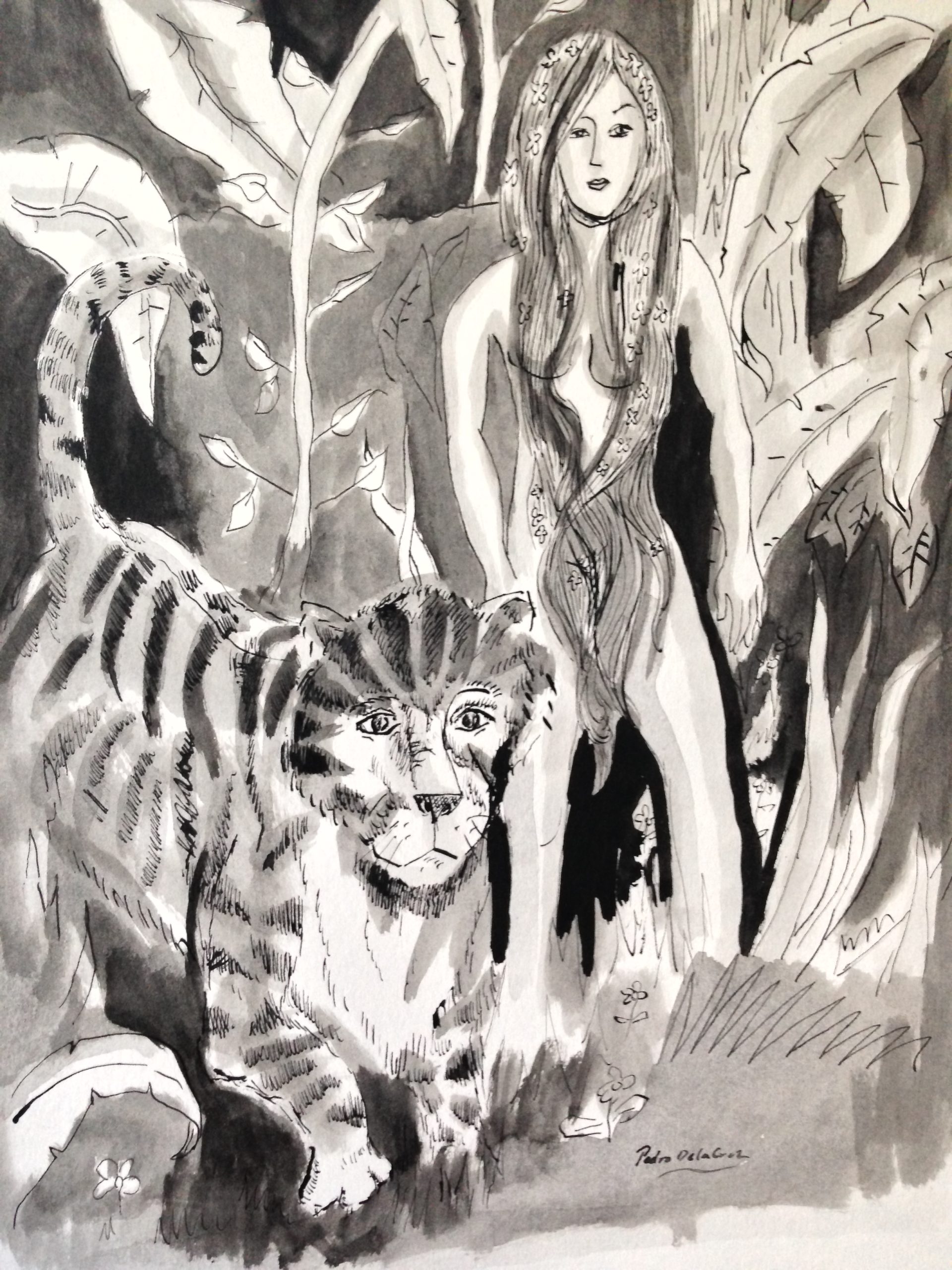That means when you’re about to begin a new blog post, a manuscript, a short story or any project that calls for your word-wise expertise, you should be nail-bitingly afraid what you produce will be total and utter garbage. Because the blank page is not your friend, or even a casual acquaintance you can comfortably chat with over soy lattes and English scones. The blank page is forever your archenemy and if you find yourself face-to-face with its daunting blankness, you must take a deep breath, stretch your fingers, swig your coffee, then figure out how the heck you’re going to Game of Thrones-style bludgeon this thing … with nothing but words.
OK, fast forward. You’ve conquered your fears and finished writing. You’ve even managed to use “loquacious” in a sentence and not sound like a pretentious poop. What next?
Step away. Slowly, deliberately, close your computer, shut your notebook and go do something else. Really. Your writing at this precarious stage is like a fine wine. It needs time to breathe before you can sip again.
Once you’ve aired your words out sufficiently, come back and read through what you’ve written with the harshest, most critical eye. Here it’s helpful to know your bad habits, those literary land mines you drop into your writing that blow up anything good and decent around them. To understand your worst go-tos and most egregiously trite turns of phrases means you have the knowledge to eliminate them where they fall. I know several of mine, so I figured I’d tally up a few in the hopes that you’ll forget what I listed the next time I post a story and you’re like, “Ugh, this girl described the sky as a ‘sparklingly radiant field of azure’ AGAIN?!”
Never mind. Five of my worst offenses:
Adverbs. In his review of Harry Potter and the Order of the Phoenix, Stephen King berated J.K. Rowling—though he has elsewhere declared her a storytelling master—for abusing the poor adverb, noting that Rowling “never met [an adverb] she didn’t like.” Harry, King described, “speaks quietly, automatically, nervously, slowly, and often—given his current case of raving adolescence—ANGRILY.” Yikes. However, I’d guess most of us tend to work adverbs to their death, too, and are often repeat offenders. Not only do I use so many of these little buggers in my writing but I also like to collect five together in a sentence when one would do. As I re-read, I hunt (dare I say voraciously) for adjectives and smash them with my almighty delete key, the bow and arrow of modern-day scribes.
The word “swathe.” I don’t know what it is about “swathe” but I’ve never written a story without thinking it’s an awesome idea to somehow fit it in there. Uh no, it isn’t. Watch out for the words you depend on and when you spot them, swathe them in synonyms! (Just stop.)
Red hair. Not brown, not blonde, not even reddish-brown but bright, red hair. I give the hue to so many of my characters, I almost wonder if there’s a subconscious part of me that longs for crimson locks. Make sure you’re not resorting to the same details over and over because describing them is easy. That’s not easy; that’s lazy and predictable. Speaking of lazy and predictable …
Alliteration. No matter how cool it sounds to say the hills were “globs of glimmering, green grass,” alliteration, much like its nasty co-conspirator, the adverb, should be used with the most delicate and sparing touch.
Unwarranted tense changes. I’m telling ya, tenses are sly, shifty foxes of the night and when you’re not looking, they change direction, turning a “had” into a “has” and suddenly you’ve invented a time-machine made out of incorrect verb tenses and nonsense. Trust me, no story with that plot-line ever ends well for the writer. Ever.
Geesh that was a long post. Now excuse me while I walk away and return hours later to read just how bad that was. Kidding! I’m one of those silly, confident writers. Maybe. Kind of. Well, no, not at all.



One of the best yet! Filled with a delicate touch of useful scolding, Leaves me yearning for a hard-print book of Marnie writing tips. May just need to print this one. Thank you!
Thanks Betty!! Hope that means you’re still writing!
Melissa! Oh my.
You know, I just noticed, your first paragraph is one sentence. I love when you do that. I swear. I think that’s one of the most attractive patterns or aspects or styles (what am I trying to say?) that drew me to your writing. Gotta add It reminds me of an interview I heard this last weekend in which Lin-Manuel Miranda told (and wonderfully demonstrated) how Hamilton would speak … in paragraphs. Jus sayin.
Love this, especially related to growth in any creative area: “The problem is, writing tends to be a craft predicated on the concept of evolution; each word you set down should be even more precise and well-placed than the last.” Replace word with brush stroke or pencil line or chisel mark.
You’re killin’ me here! The blank page/canvas is what I struggle with CONSTANTLY. “The blank page is forever your archenemy and if you find yourself face-to-face with its daunting blankness, you must take a deep breath, stretch your fingers, swig your coffee, then figure out how the heck you’re going to Game of Thrones-style bludgeon this thing”
Perfect.
(as you may have noticed, I’m doin’ a play-by-play on this).
I just recently read a book on art and how we tend to think that our latest masterpiece is just that. And that it’s a good idea to let it sit for a while. It’s “… like a fine wine.” Dang, You’re nailing it here. Saying it in fewer words, and hitting deeper. Need to observe against older work. Look for patterns. Don’t just make mud with too much messing, color, or your words. Take out what’s unnecessary. The more you feel the need to impress or do it for success the less chance you have of finding it. Your application here is uncanny.
Ha! I didn’t know “nail-bitingly” could be an adverb!
And finally: “I’m one of those silly, confident writers. Maybe. Kind of. Well, no, not at all.”
Yeah, totally..
Garry,
I love how your comment could be itself a wonderfully crafted blog post! You crack me up!
Hope all is well with your art. The new pieces on Instagram look like you’ve reclaimed your inspiration.
All the best,
Melissa
Thank you Melissa,
I’ve been known to get carried away. But you know that already!
Focusing on watercolor. Learning and applying new styles and approaches. Pretty much exclusively. Thank you for noticing.
Loving the On Writing series!!!